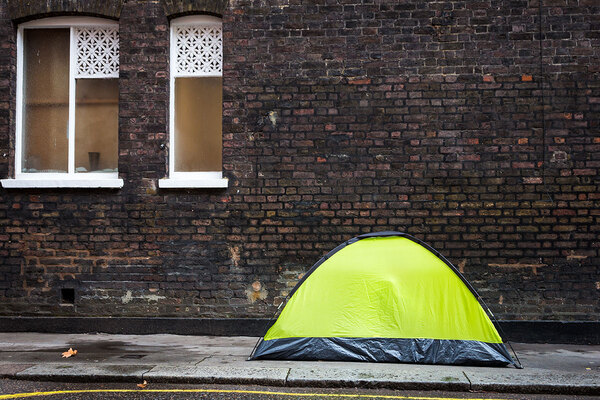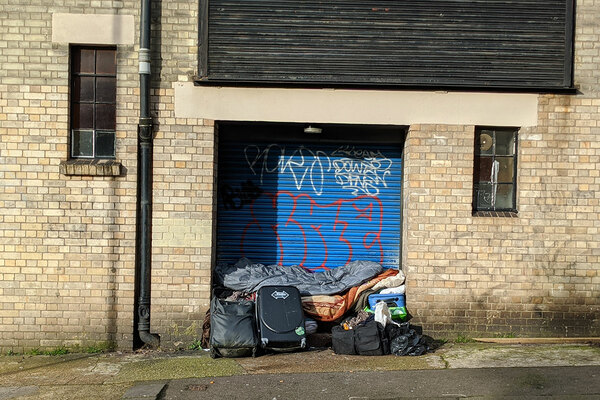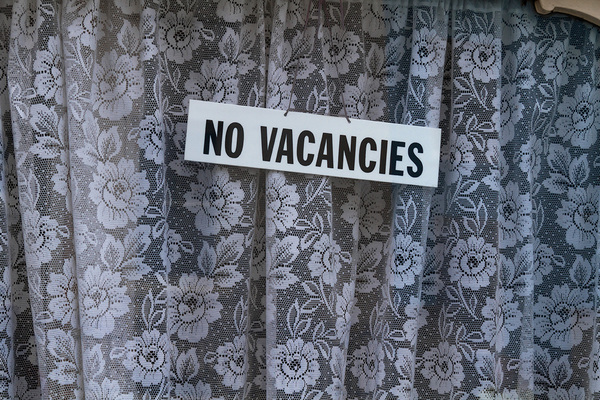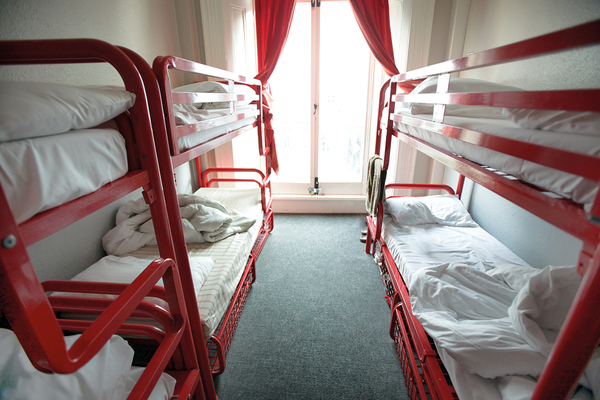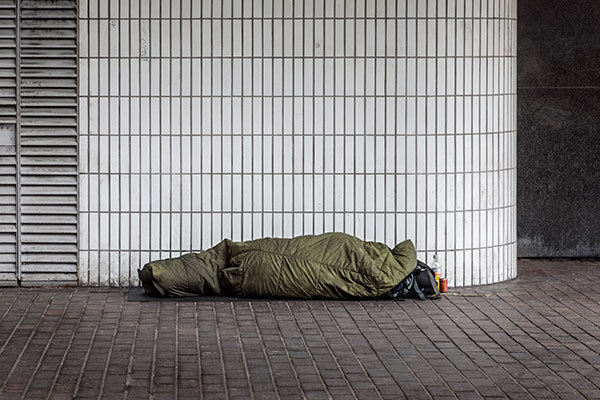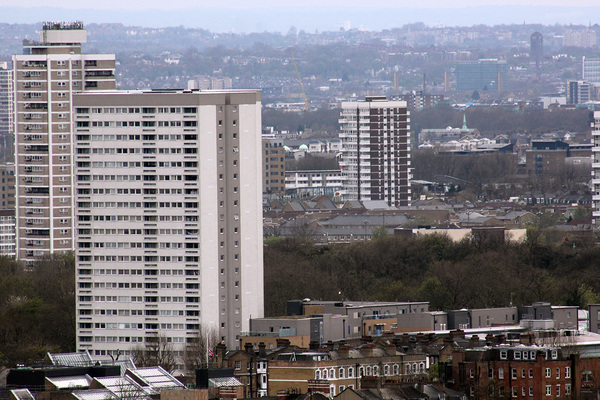You are viewing 1 of your 1 free articles
Government tells councils to close ‘Everyone In’ hotels as a condition of rough-sleeper funding
Councils have been told that they must close the hotels they used to house homeless people during the COVID-19 pandemic as a condition of the latest round of rough-sleeper funding from the government.
Inside Housing has seen a letter sent to councils who received Rough Sleeping Initiative (RSI) funding for 2021/22, in which the Ministry of Housing, Communities and Local Government (MHCLG) said one of the “funding principles” was that councils should close their hotels by the end of June this year.
The letter, which was sent on 15 May, said: “Reduce the number of people accommodated in hotels and other emergency accommodation.
“Local move on plans should end the use of hotels and other emergency accommodation by the end of Q1, unless otherwise agreed with MHCLG.”
A total of 281 local authorities were awarded grant in May under the latest round of RSI funding. This means that all of these councils have been instructed to close their hotels unless an agreement is in place with the government.
The letter said councils should “continue to do everything [they] can to support people off the streets”. However, it also said local authorities should ensure that all support given to non-UK nationals who are not eligible for homelessness assistance is in compliance with the law.
At the start of the COVID-19 pandemic in March last year, councils across England were told to find self-contained accommodation for all rough sleepers in their area under a scheme that became known as ‘Everyone In’. Much of this accommodation was found by taking over hotels and other establishments, using the rooms to house those living on the streets.
On 17 May this year, Robert Jenrick, the housing secretary, said in a written statement that 37,000 people had been supported through the scheme since it began, of which 11,000 were still in some form of emergency accommodation.
Some of the individuals still housed in hotels by local authorities have no recourse to public funds (NRPF), which means they would not normally be eligible for homelessness support as a result of their immigration status.
It is particularly difficult for councils to find move-on accommodation for this group of people as they are not eligible for Universal Credit or other forms of benefit.
Another “funding principle” of the latest RSI funding, as stated in the government’s letter, is that councils should “ensure that support offered to non-UK nationals who are not eligible for homelessness assistance will comply with any legal restrictions (for example, the restrictions contained in Schedule 3 to the Nationality, Immigration and Asylum Act 2002)”.
Schedule 3 to the Nationality, Immigration and Asylum Act 2002 excludes certain categories of non-UK nationals, including those who have had their asylum seeker claims rejected, from accessing housing support via their local authority.
While councils are able to support non-UK nationals in some ways, for example by providing immigration advice, the government said this should be “provided on the basis that this is to support individuals to determine or resolve their immigration status and not to challenge immigration decisions made by the government”.
The letter also said councils should fund “voluntary reconnections” as long as there “is a reasonable prospect of an individual returning to their home country for a sustained period”.
In March this year a high court ruled that councils could legally provide accommodation to individuals with NRPF for the duration of the pandemic.
This is due to two separate laws that allow councils to provide accommodation to improve the public health of people in their area or during an emergency that involves danger to life.
The government has said it expects councils to exhaust all options to support those who are unable to access homelessness assistance as a result of their immigration status.
However, it did not directly respond to a question from Inside Housing about whether the government considered it could be within the law to provide housing to individuals with no recourse to public funds.
The order to close hotels came shortly before the government told the Housing, Communities and Local Government Committee that it had missed its target to deliver 3,300 new move-on homes for rough sleepers by the end of March this year.
The government originally pledged to deliver the homes in May last year as part of a wider move to fund 6,000 new supported homes for rough sleepers by the end of this parliament.
An MHCLG spokesperson said: “We have so far housed 37,000 people through our ongoing Everyone In initiative, and we expect councils to continue ensuring all rough sleepers are safely supported.
“Our Homelessness Reduction Act has already helped nearly 350,000 households into more permanent accommodation and we’re investing £750m over the next year alone to tackle homelessness and rough sleeping and lessen the need for temporary accommodation.”
Sign up for our care and support bulletin
Already have an account? Click here to manage your newsletters
